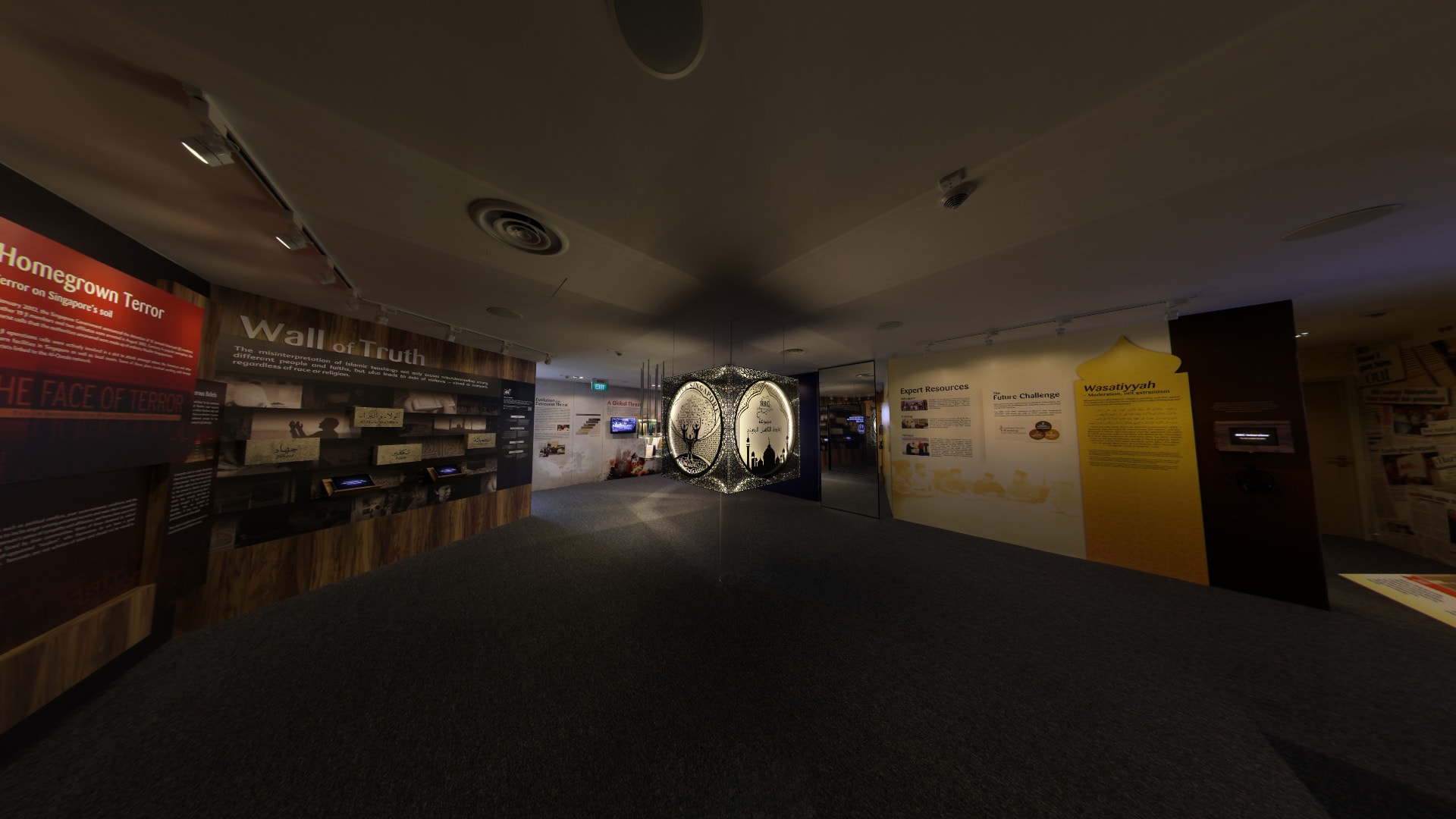Khilafah
“Al-Khilafah will be in my Ummah for thirty years, then there will be monarchy after that.” Tarmidhi
The term caliph or khalifah literally means “successor” but it is typically used to refer to an Islamic ruler who oversees the political and religious affairs of an Islamic community. A territory or state ruled by the caliph is known as the caliphate.
Islamic history has provided us with rich narratives of Islamic caliphates from the past. The following highlights some of the characteristics of an Islamic caliphate:
- Peaceful co-existence of people of various faiths – non-Muslims who came under the rule of Muslim rulers were not forced to embrace Islam. This is consistent with what the Quran states: “let there be no compulsion in religion” (2:256).
- Islamic rulers who demonstrate humility and religious piety. They represent themselves as honorable servants of their people.
- Islamic rulers who have sound and deep knowledge of Islam, who themselves have spent a significant part of their lives learning about the religion. These rulers were thus able to rule with wisdom and win the hearts and minds of their people.
- Openness to ideas – The caliphs of the past were open to ideas and information for the betterment of their people, and seek to encourage progress not merely in expanding their territories, but also in economic, social and intellectual areas that would prove beneficial for the future.
Compared with some of the observations made of Islamic caliphs of the past, ISIS strays far away from the ideals and values Islam encourages.
The group’s brutality and use of violence tarnishes Islam’s emphasis on compassion, respect and peaceful co-existence. The ways in which ISIS issues and implements legal Islamic rulings, and metes out punishments are questionable. It is unclear if they have within their ranks learned scholars well-versed in the Islamic sciences to issue and implement those rulings.
The group seems more interested in expanding their territory than serving the people in the lands they control in areas that matters – education, provision of work and erecting basic infrastructure needs, just to name a few.
ISIS has brought about more disunity among Muslims (between the moderates and extremists) and deepened the differences between them.
ISIS has abused the religion. They are out to terrorise the world with their brutalities and are demonic in their approach.


